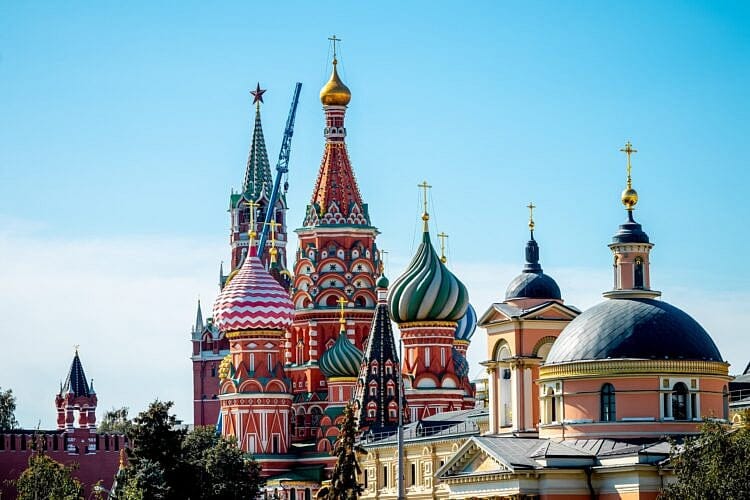News

Massachusetts Finding Ways To Divest From Russia

Russia invaded Ukraine last week — and many Bay State entities are responding with divestment.
Academia, private businesses, and local government have taken actions to show their disdain for Russia's actions.

